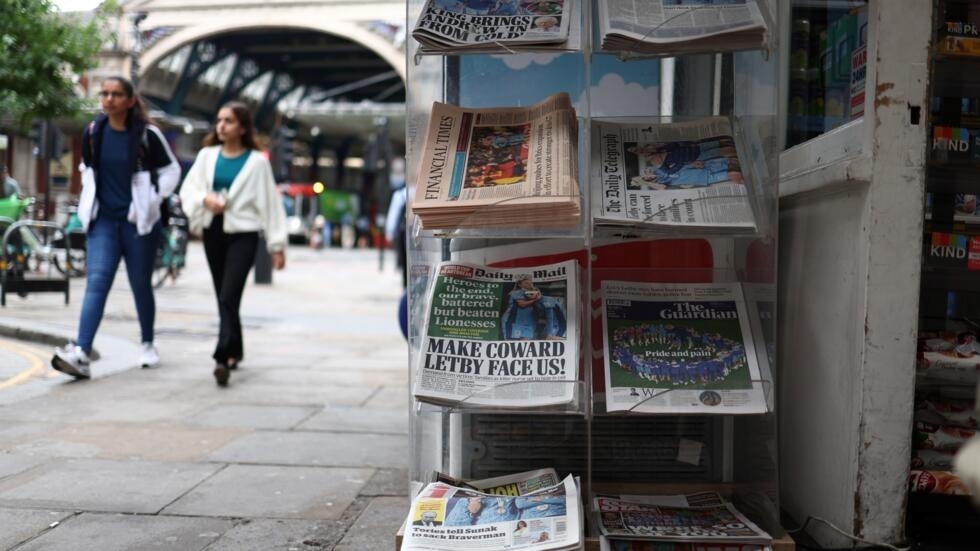Britain’s conservative led government announced intentions on Wednesday to prohibit foreign states from owning newspapers, potentially giving ministers the authority to thwart Abu Dhabi-backed RedBird IMI’s bid to buy the Telegraph.
The battle for one of Britain’s most recognized newspapers has called into question the media’s independence and the role of foreign investors in acquiring politically influential properties.
The Telegraph has tight ties to Britain’s ruling Conservative Party, and the political battle for control of the 168-year-old daily is as much about power and influence as it is money.
Stephen Parkinson, the House of Lords’ culture minister, stated that the government would make adjustments to legislation currently before parliament to ban foreign powers from owning British newspapers.
“We will amend the media merger regime explicitly to rule out newspaper and periodical news magazine mergers involving ownership, influence or control by foreign states,” Parkinson told the House of Lords.
Takeover of Telegraph Newspaper
According to one government official, the proposed amendments to the law would effectively prevent RedBird IMI’s takeover attempt for Telegraph from proceeding as planned. The consortium also intended to purchase the Spectator news magazine.
RedBird IMI, managed by former CNN CEO Jeff Zucker and funded mostly by Abu Dhabi, expressed disappointment and stated it will now consider its next moves.
The deal is already the subject of a separate investigation under existing regulations, but the new strategy is more expressly aimed at preventing foreign state influence.
The right-leaning Daily Telegraph is known as the “Torygraph” because of its longstanding support for the Conservative (or Tory) Party. Former Conservative prime ministers like Winston Churchill and Boris Johnson have written for it.
The struggle for ownership of the Telegraph is taking place against the backdrop of an unpopular Conservative Party, led by Prime Minister Rishi Sunak, which is predicted to lose the next election later this year, according to polls.
Tina Stowell, a former Conservative leader in the Lords, presented an amendment to the Digital Markets, Competition, and Consumer Bill that would grant parliament a veto over foreign governments’ acquisitions of British media firms.
Her motion received support from more than 100 members of parliament, who expressed worries about editorial meddling and censorship.
Stowell dropped her proposal after forcing the government to develop its own strategy.
The new restriction on foreign control is expected to be voted on in the House of Lords over the next several weeks. Before the new regulations to take effect, they would need to be passed both there and in the lower House of Commons.
Parkinson stated that the new provisions will impose a new requirement on the government to propose any relevant media merger to the Competition and Markets Authority (CMA) watchdog.
If the CMA found that the merger “has resulted, or will result, in foreign state ownership, influence, or control over a newspaper enterprise,” the government would be legally compelled to reject or unwind the transaction.
The Power of Digital Newspapers







